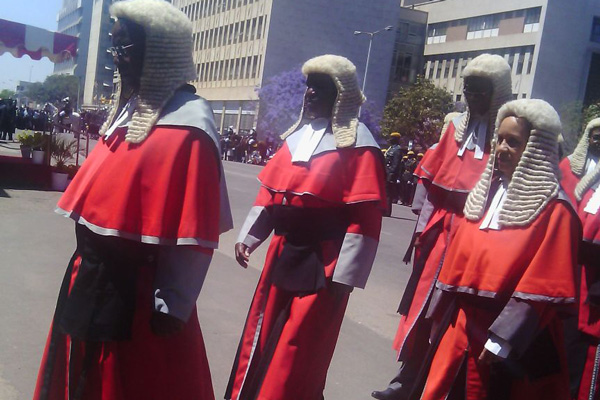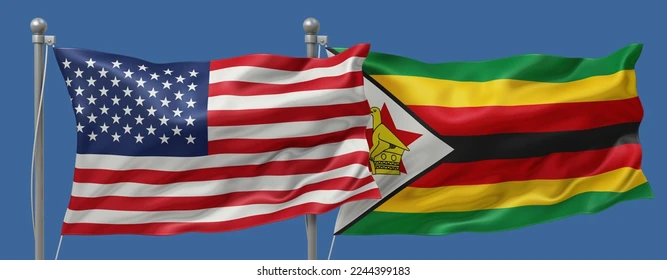
THE Constitutional Court (ConCourt) has, with immediate effect, outlawed child marriages and struck off the statutes in Section 22(1) of the Marriage Act, which, for decades, had allowed children under the age of 18 years to formally get married.
BY CHARLES LAITON
The ConCourt yesterday ruled that Section 22(1) of the Marriage Act was inconsistent with Section 78(1) of the new Constitution, which sets 18 years as the minimum age of marriage in Zimbabwe and, as such, should be outlawed.
The ruling was triggered by an application filed by two Harare women, Loveness Mudzuru (19) and Ruvimbo Tsopodzi (18), who approached the court through their lawyer, Tendai Biti, challenging the Customary Marriages Act.
They argued it infringed on the constitutional rights of young girls and boys who were getting married at an early age.
The order, granted yesterday by Deputy Chief Justice Luke Malaba and eight other ConCourt judges, read: “It is further declared that Section 22(1) of the Marriage Act or any law, practice or custom authorising a person under 18 years of age to marry or to be married is inconsistent with the provisions of Section 78(1) of the Constitution and, therefore, invalid to the extent of the inconsistency. The law is hereby struck down.”

The court further ruled: “With effect from January 20, 2016, no person, male or female, may enter into marriage, including an unregistered customary law union or any other union including the one arising out of religion or religious rite, before attaining the age of eighteen (18) years.”
- Chamisa under fire over US$120K donation
- Mavhunga puts DeMbare into Chibuku quarterfinals
- Pension funds bet on Cabora Bassa oilfields
- Councils defy govt fire tender directive
Keep Reading
The court ruled that if an underage girl falls pregnant, she would not be forced into marriage but remain under the custody of her parents.
The applicants, Mudzuru and Tsopodzi, had cited the ministries of Justice, Legal and Parliamentary Affairs and that of Women’s Affairs, Gender and Community Development and the Attorney-General as respondents in the matter.
Biti argued that the Constitution sought to protect the rights of children and, as such, the courts should declare some sections of the Marriage Act unconstitutional.
Meanwhile, several child rights groups and human rights defenders yesterday hailed the ruling.
“This progressive decision is a mark that the Zimbabwe Constitutional Court is building up a body of constitutional jurisprudence, which will also be quoted in other jurisdictions and should assist the Africa-wide campaign against child marriage,” legal think-tank Veritas said on its website.
The Zimbabwe Association of Doctors for Human Rights (ZADHR) said the ruling would go a long way in preserving the sexual reproductive health and human rights of minors below the age of 18.
“ZADHR has always campaigned for the abolition of early and forced child marriages, emphasising that such marriages compromise the health, education and basic human rights of the child,” the organisation’s executive director, Calvin Fambirai, said.
Early marriages have been blamed for perpetuating the cycle of poverty and an increase in both maternal and child mortality.











